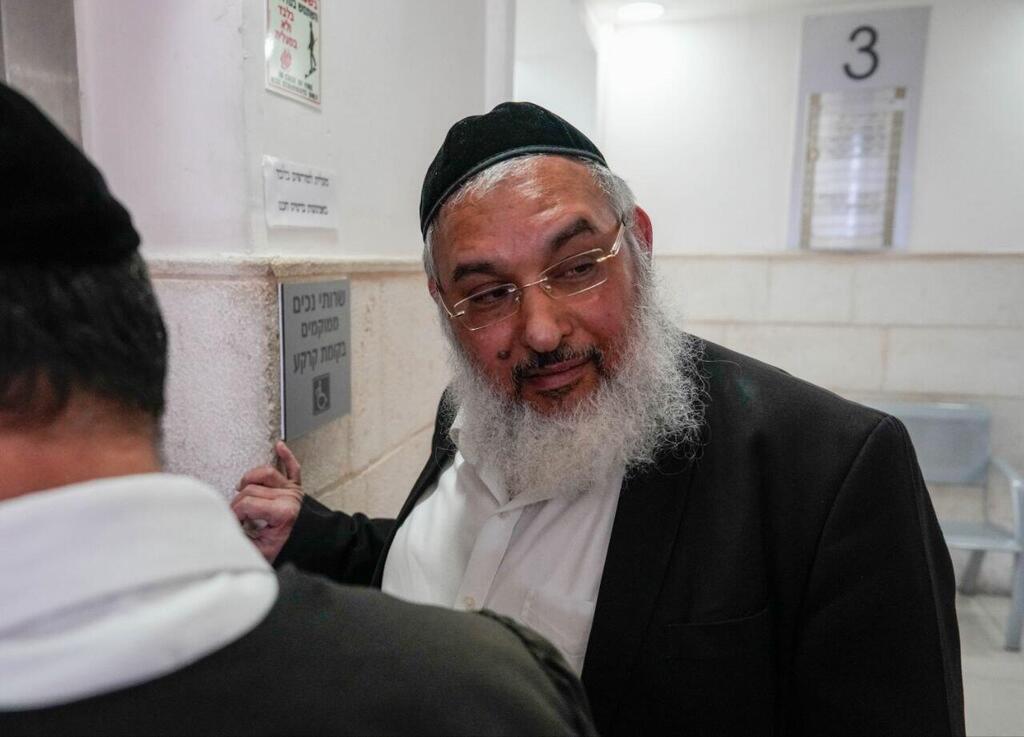Aharon Ramati, a former "seminary" headmaster in Jerusalem, recently admitted to holding women in slave-like conditions, following a plea deal with prosecutors which resulted in his immediate conviction by the Jerusalem District Court. The case, referred to as the "house of horrors," presented substantial evidence against Ramati, who is in his early 60s. Strikingly, 11 victims chose not to testify, finding it too distressing to face him.
Read more:
Ramati had faced a slew of charges, including enslavement, obstructing justice and minor assault. However, under the plea agreement, Ramati admitted and was convicted solely for holding people in conditions akin to slavery. The anticipated sentence includes nine months of community service and a total payment of about $34,000 in compensation to the victims. The sentence, subject to finalization, has mutual agreement from all parties involved and is expected to be accepted by the judges.
Ramati, who started assembling a group of young women - primarily from newly religious families or those exploring faith - around 2008, housed them in a facility he set up in the Sha'arei Chesed neighborhood in Jerusalem. Known as the "Be'er Miriam Seminary," this place was operated from the top floor of his house from 2009 to 2015.
The women who joined Ramati lived in the facility and attended daily spiritual and religious classes led by him. Initially, 12 women lived in his house, but over time the number grew to around 30, while Ramati moved to a house nearby. The indictment revealed that the women lived in extremely cramped and neglected conditions, with the building suffering leaks and dampness, and only three available bedrooms. In addition, some of the women had to sleep on moldy mattresses, and hot water was nonexistent. They were required to pay approximately $220 per month for a bed or around $170 for a place on a mattress. The women, who also worked every morning, were responsible for maintaining the apartment and managing their finances.
The prosecution portrayed Ramati as a figure who had persuaded the women under his influence that he was a sanctified individual with exclusive knowledge of the "true path," via relentless indoctrination. His ideology deemed personal desires to be sinful, warning that any worldly enjoyment would have dire consequences beyond this life. The charges against him highlighted that his lectures often pressed the women to relinquish their own wishes, advocating for the complete renouncement of bodily needs to prioritize "spiritual obligations." In his discourse, Ramati denounced the entire ultra-Orthodox community for their misguided practices, foretelling a doomed end for the world in hellfire, with salvation reserved solely for his loyal adherents.
The prosecutors maintained that Ramati instilled a fear of eternal damnation and worldly catastrophes, like car accidents, severe ailments or violent incidents, should the women defy his commands or contemplate leaving the seminary. He also directed the women to isolate themselves from their relatives and to cut off any interaction with men, except for him. He went as far as to estrange a woman from her family if they resisted his doctrine, sometimes advocating for legal orders to prevent parents from contacting their daughters.
The original legal charges also detailed that Ramati enforced a strict protocol requiring the women to seek his approval for every departure from the premises, rejected mainstream medical practices, and bizarrely prescribed the pouring of molten lead into water as a ritual to avert malevolent forces. Additionally, he was accused of endorsing physical punishment for children, specifically the insertion of hot peppers into their mouths, a punitive measure allegedly applied in a childcare facility that was run in his residence.



